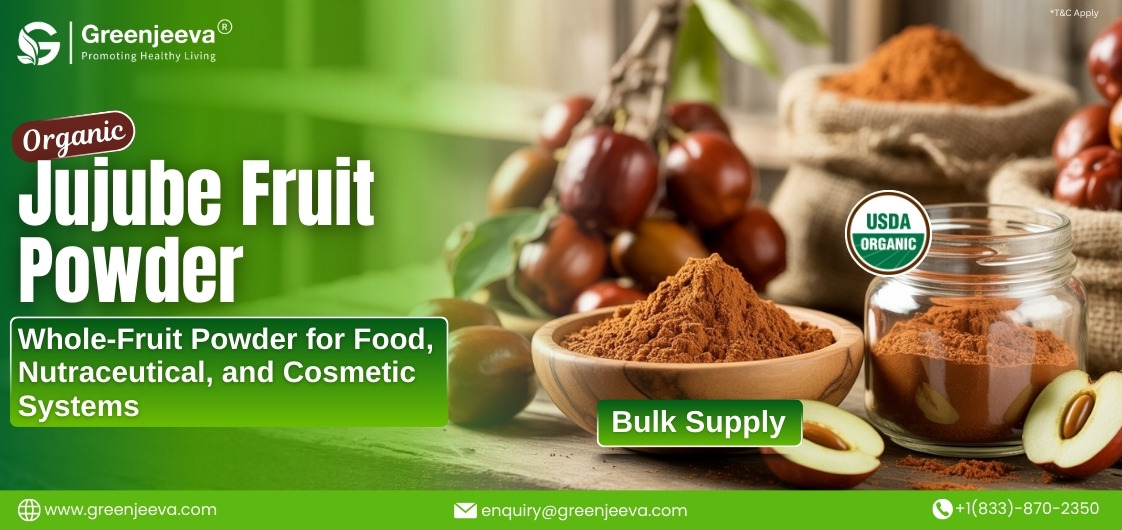Things to Consider When Storing, Handling and Packaging Probiotics

From labeling and packaging to handling and storing, there are a set of scientifically determined best practices that must be kept in mind when dealing with probiotics. To make sure probiotics are produced and marketed responsibly, the International Probiotics Association (IPA) and the Council for Responsible Nutrition (CRN) have charted out certain scientific guidelines. Having been developed back in 2017, these practices for labeling and storage of probiotics have received some updates recently.
Best Practices for Dealing with Probiotics
According to the new list of best practices, stability testing done to check a probiotic’s expiration date must be done under the same temperature under which the final packaged product is supposed to be stored. Furthermore, all testing must be done under real-time conditions.
It is a matter of fact that probiotics are subject to humidity and temperature changes. The intensity up to which humidity and temperature changes affect a product is determined by a number of prime factors including the product manufacture, product packaging, formulation matrix, and probiotic strains present in the product. While certain probiotics have good stability at standard room temperature, others may need refrigeration.
Each type of probiotic packaging will offer a different protection level against moisture and will lead to a different intensity of degradation. The material of product packaging and the top of the packaging (flip/screw top) are some of the prime parameters in deciding the viability and stability of probiotics.
It is advised to the manufacturers to provide proper handling and storage guidelines to the retailers to make sure that the probiotics are stored properly in the warehouse, shipped responsibly, and again stored accurately on the shelves of the stores.
Essential Tips for the Storage of Probiotics at User Level
If you want your probiotics to last longer, you may need to be responsible for storing them right. Here are some of the most effective quick tips you need to keep in mind, the next time you get your probiotics in hand and are in a dilemma, figuring out the right ways to store them.
- Consider keeping your probiotic in its original package as certain materials tend to block moisture and humidity better than others. Manufacturers generally use packaging that offers optimal shelf-life and it is wise to keep the original packaging intact rather than transferring the probiotic into some other container.
- Make sure you seal your probiotic tightly, after taking the quantity you prefer.
- Ensure that you store your probiotics in a cool, dry, dark place. You may need to store some probiotics in the refrigerator, depending on the given instructions.
- Make sure your probiotics are not exposed to direct sunlight, heat, humidity, and moisture.
The Bottom Line
The manufacturers are suggested to abide by the guidelines of IPA and CRN to conduct proper testing and packaging of the probiotics, while the retailers and end-users are recommended to follow the instructions of the manufacturers to store the probiotics responsibly. Abiding by the right testing, packaging, handling, and storage conditions of probiotics can keep the bacteria alive for a longer duration of time, ensuring increased shelf-life of the product.
https://www.greenjeeva.com/blog/the-versatile-nature-of-tapioca-maltodextrin-powderAlso read:
Disclaimer:
The above statements are not intended to cure any disease or comply with any health benefits. This is solely for information purposes. Please consult your doctor/health practitioner before consumption of the product. Although we take efforts to keep our website informative, we do not guarantee any medical benefits.






